Patrick Victor Martindale White (28 May 1912 – 30 September 1990) was an Australian writer who, from 1935 to 1987, published 12 novels, 3 short-story collections and 8 plays.
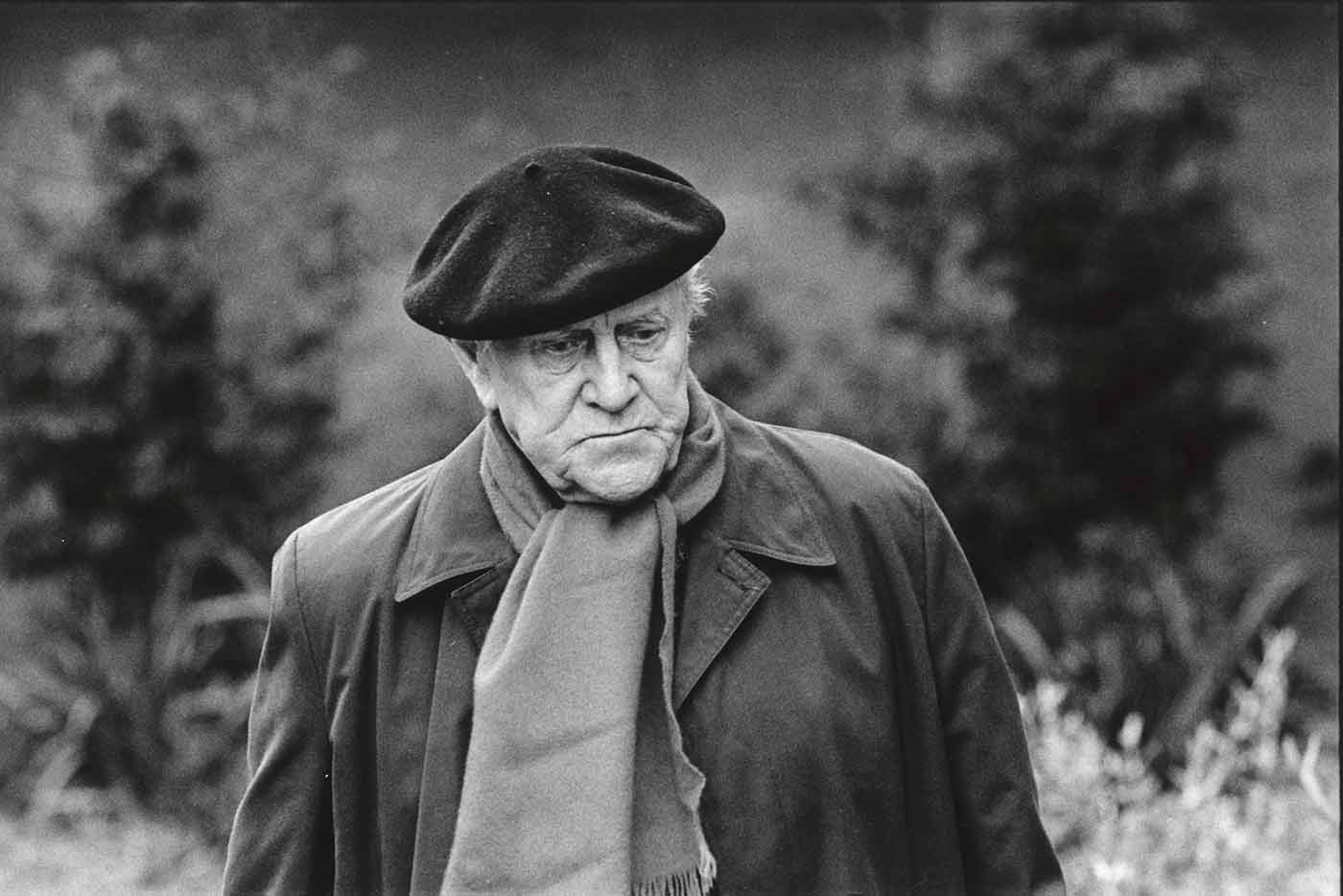
White was born in Knightsbridge, London, to Victor Martindale White and Ruth (née Withycombe), both Australians, in their apartment overlooking Hyde Park, London on 28 May 1912. His family returned to Sydney, Australia, when he was six months old.
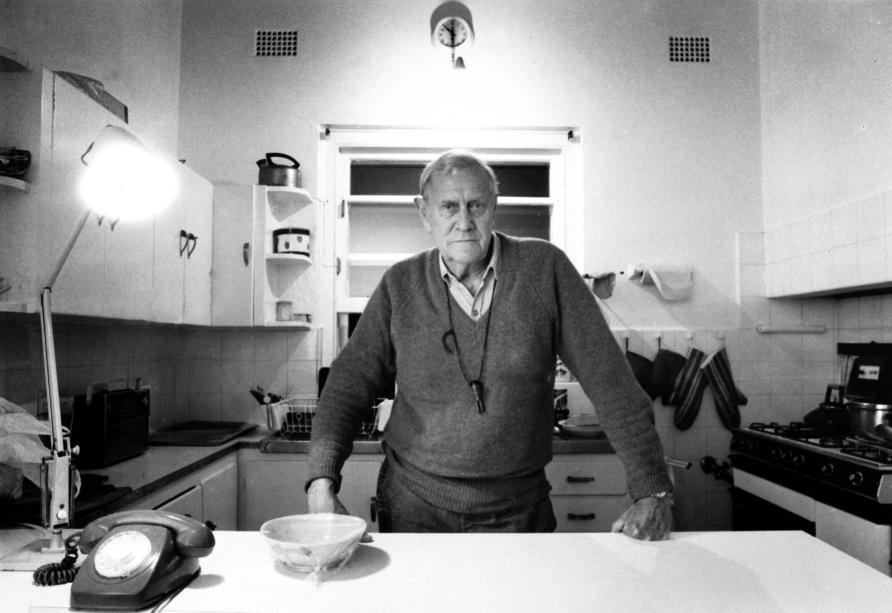
As a child he lived in a flat with his sister, a nanny, and a maid while his parents lived in an adjoining flat. In 1916 they moved to a house in Elizabeth Bay that many years later became a nursing home, Lulworth House, the residents of which included Gough Whitlam, Neville Wran, and White's partner Manoly Lascaris.
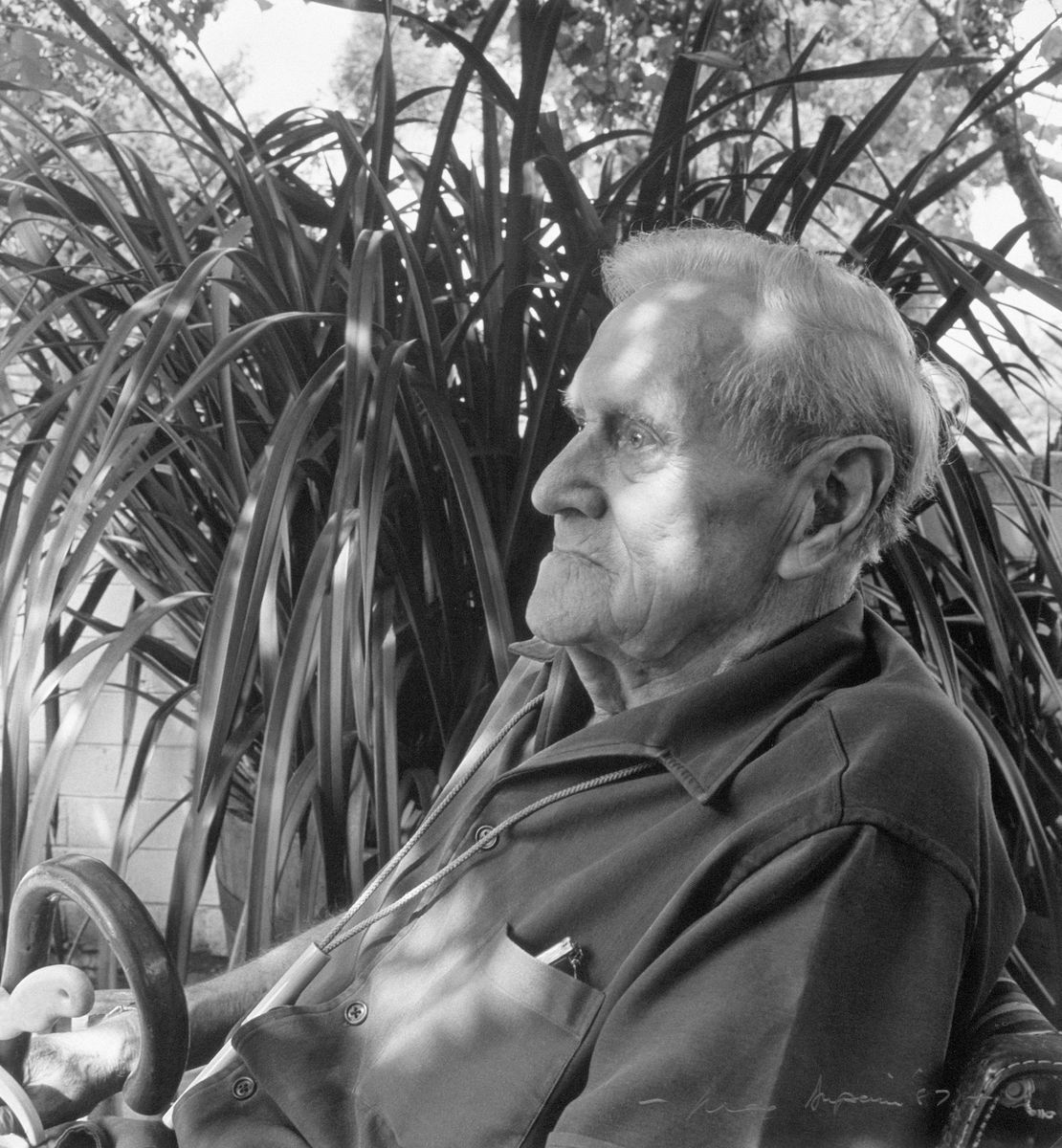
He loved the theatre, which he first visited at an early age (his mother took him to see The Merchant of Venice at the age of six). This love was expressed at home when he performed private rites in the garden and danced for his mother's friends.
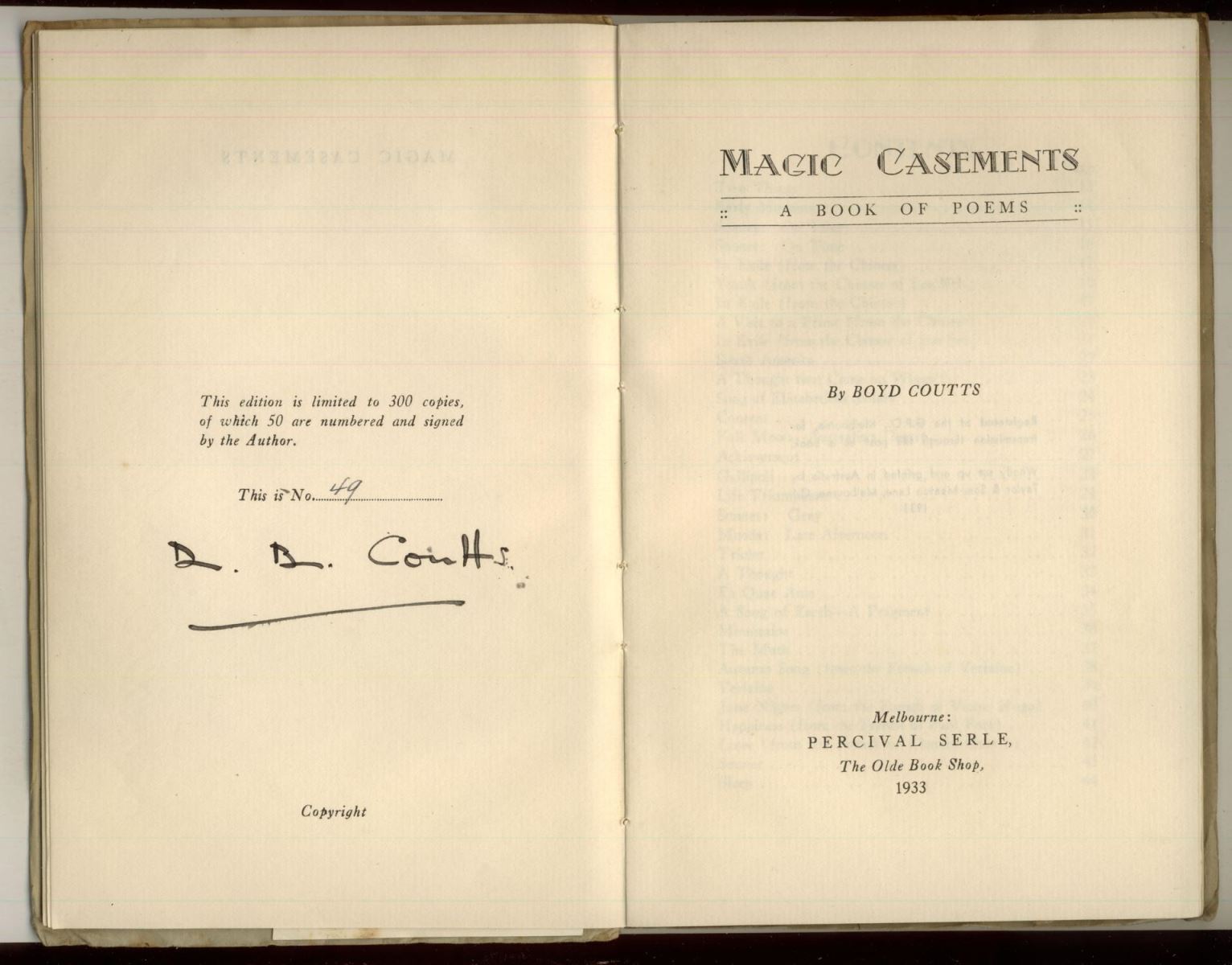
During White's time at Cambridge he published a collection of poetry entitled The Ploughman and Other Poems, and wrote a play named Bread and Butter Women, which was later performed by an amateur group (which included his sister Suzanne) at the tiny Bryant's Playhouse in Sydney.
After being admitted to the degree of Bachelor of Arts in 1935, White briefly settled in London, where he lived in an area that was frequented by artists. There, the young author thrived creatively for a time, writing several unpublished works and reworking Happy Valley, a novel that he had written while jackarooing. In 1937, White's father died, leaving him ten thousand pounds in inheritance.
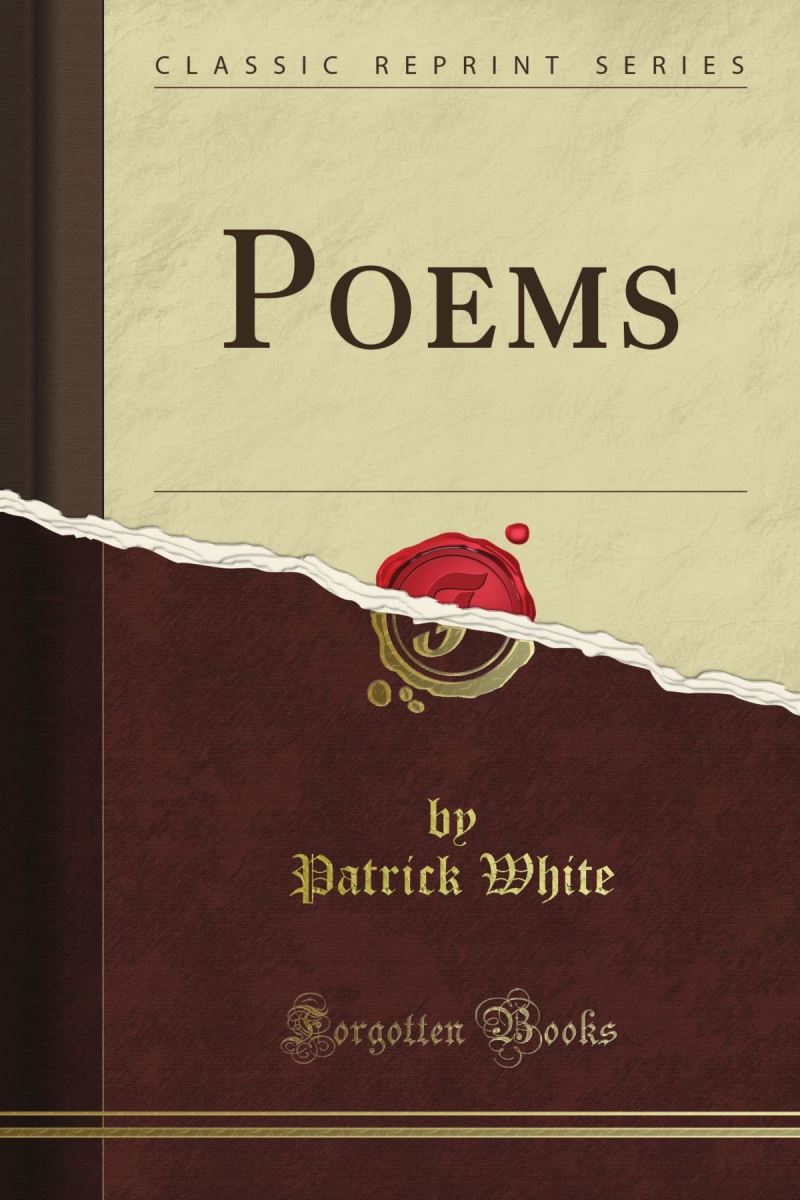
The fortune enabled him to write full-time in relative comfort. Two more plays followed before he succeeded in finding a publisher for Happy Valley. The novel was received well in London but poorly in Australia. He began writing another novel, Nightside, but abandoned it before its completion after receiving negative comments, a decision that he later admitted regretting.
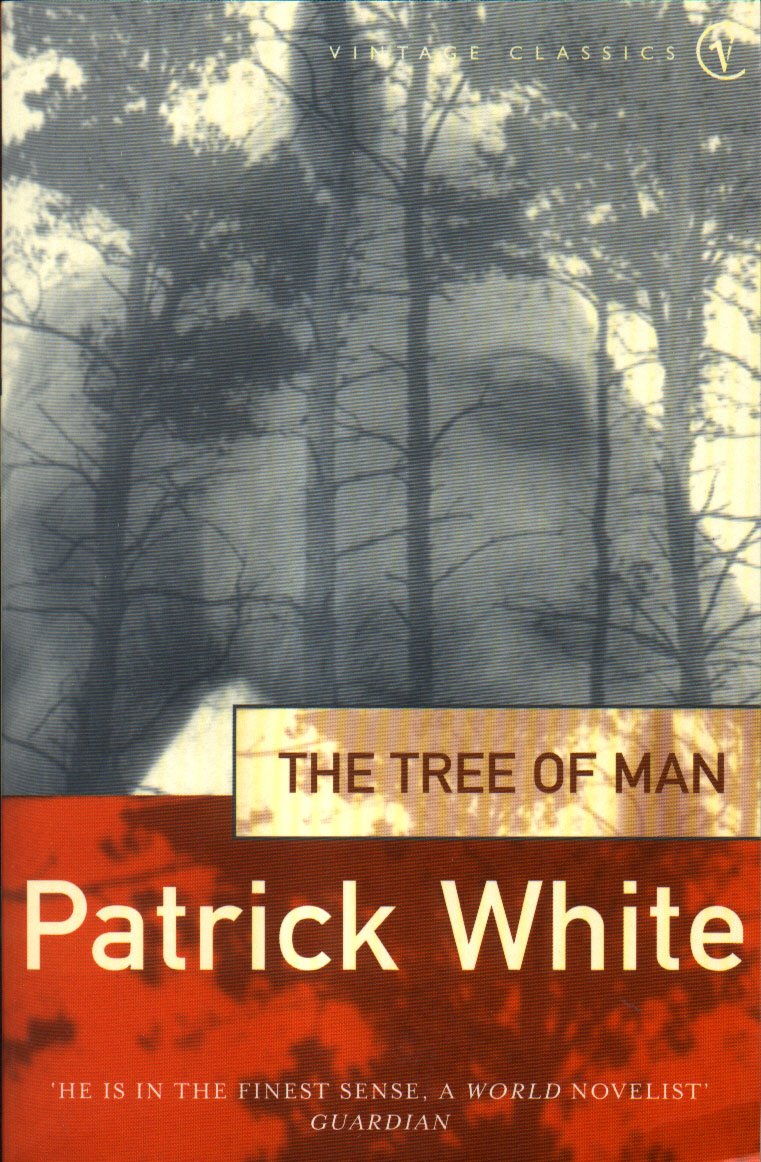
White's fiction employs humour, florid prose, shifting narrative vantage points and a stream of consciousness technique. In 1973, he was awarded the Nobel Prize in Literature, "for an epic and psychological narrative art which has introduced a new continent into literature", as it says in the Swedish Academy's citation, the first and so far only Australian to have been awarded the prize. White was also the inaugural recipient of the Miles Franklin Award.
According to en.wikipedia











